Astronomy Education Resources
Plenary Session
2nd Shaw-IAU Workshop on Astronomy for Education
Session timeblocks
Wednesday Oct. 7, 2020
UTC: 7 a.m. -
8:40 a.m.
America/New_York:
3 a.m.-
4:40 a.m.
Friday Oct. 9, 2020
UTC: 7 a.m. -
8:40 a.m.
America/New_York:
3 a.m.-
4:40 a.m.
Schedule
-
Big Ideas in Astronomy
Wednesday Oct. 7, 2020
UTC: 7:10 a.m. - 7:25 a.m. America/New_York: 3:10 a.m.- 3:25 a.m.Friday Oct. 9, 2020
UTC: 7:10 a.m. - 7:25 a.m. America/New_York: 3:10 a.m.- 3:25 a.m.Many people who are active in public outreach have practical experience of the kinds of astronomical knowledge commonly held by the general public. Until last year, however, there had not been a systematic evaluation and a clear definition of what astronomical literacy means. The “Big Ideas in Astronomy” booklet, was released with the aim of clarifying these ideas. In this talk we will present the booklet and involve participants to contribute their ideas towards the current and next steps for the project.
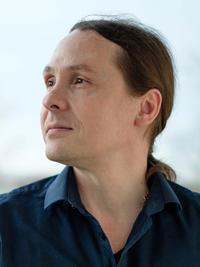
João Retrê (Institute of Astrophysics and Space Science, Portugal)
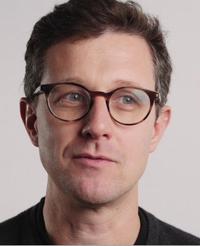
Pedro Russo (Leiden Observatory and Dep. Science Communication & Society, Leiden University)
For more information about this talk click here
-
astroEDU: an astronomy activity repository. Developments over 2020
Wednesday Oct. 7, 2020
UTC: 7:25 a.m. - 7:40 a.m. America/New_York: 3:25 a.m.- 3:40 a.m.Friday Oct. 9, 2020
UTC: 7:25 a.m. - 7:40 a.m. America/New_York: 3:25 a.m.- 3:40 a.m.astroEDU has been reviewing and publishing activities since 2013. In 2020, the repository has been in the process of being transferred over to being administered by the OAE. As this has been happening, it has made sense to take stock of what activities are available and for whom, what we know is taught in schools worldwide, what constitutes astronomical literacy and whether all of these are in alignment. After an overview of astroEDU itself, what activities are available and what activities we will be asking for in the coming months will be presented.
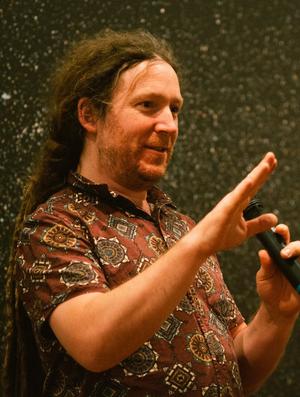
Michael Fitzgerald (Edith Cowan University Perth)
For more information about this talk click here
-
Considerations on the importance of building a national astronomical glossary: the Japanese case study
Wednesday Oct. 7, 2020
UTC: 7:40 a.m. - 7:55 a.m. America/New_York: 3:40 a.m.- 3:55 a.m.Friday Oct. 9, 2020
UTC: 7:40 a.m. - 7:55 a.m. America/New_York: 3:40 a.m.- 3:55 a.m.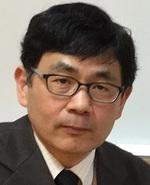
Hidehiko Agata (National Astronomical Observatory of Japan - NAOJ)
For more information about this talk click here
-
The making of the Universe in the Box
Wednesday Oct. 7, 2020
UTC: 7:55 a.m. - 8:10 a.m. America/New_York: 3:55 a.m.- 4:10 a.m.Friday Oct. 9, 2020
UTC: 7:55 a.m. - 8:10 a.m. America/New_York: 3:55 a.m.- 4:10 a.m.The Universe in the Box is an educational kit developed for teachers willing to bring astronomy to 4–10 year old children around the world. It contains 40 practical activities and it is currently used successfully in more than 60 countries. This Box is based on a prototype that I developed and tested 2005-2008 during my work with children in Germany, Venezuela and Colombia. During this talk I will give insights on how the materials and first pilot programs were developed and implemented.
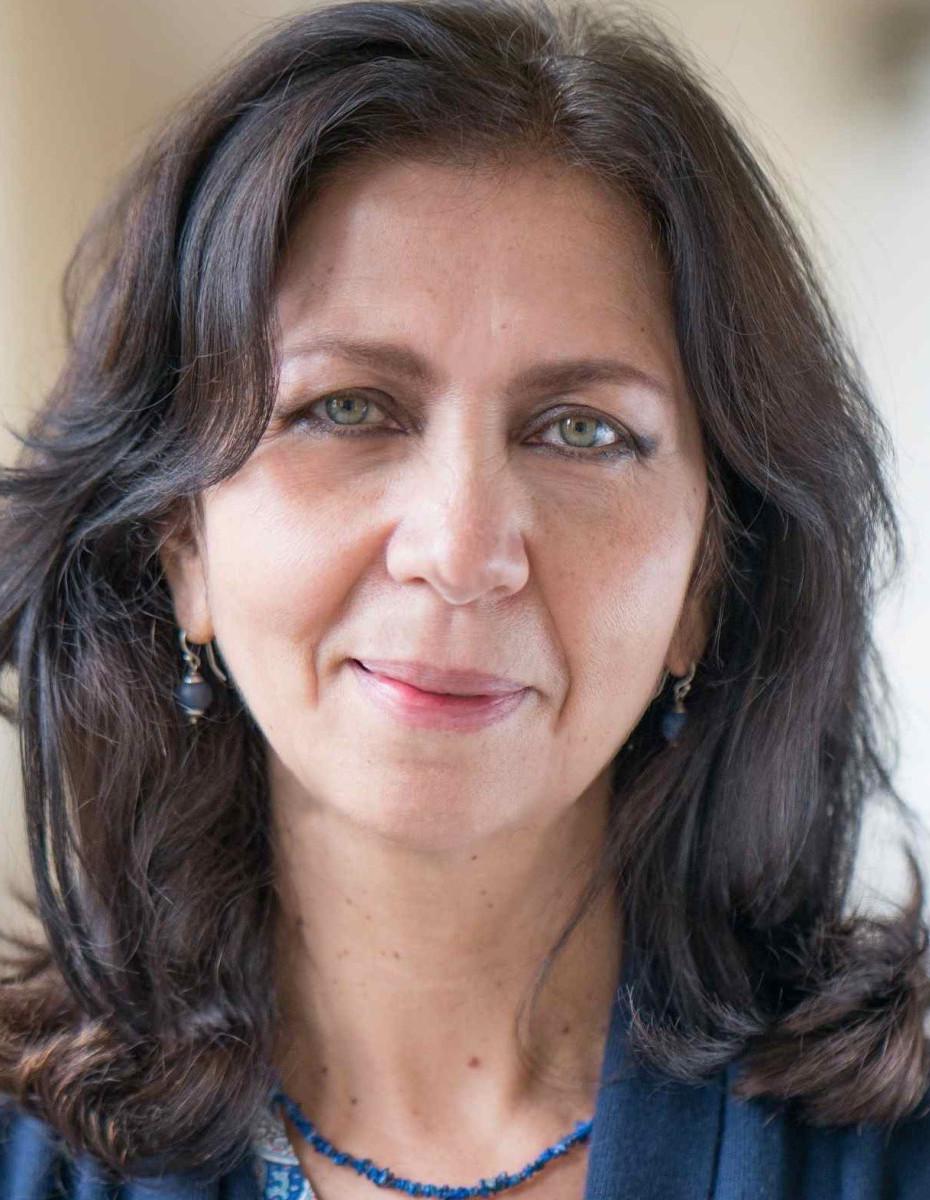
Cecilia Scorza (LMU Faculty of Physics Munich)
For more information about this talk click here
-
Discussion Panel: Astronomy Education Resources
Wednesday Oct. 7, 2020UTC: 8:10 a.m. - 8:40 a.m. America/New_York: 4:10 a.m.- 4:40 a.m.
Friday Oct. 9, 2020
UTC: 8:10 a.m. - 8:40 a.m. America/New_York: 4:10 a.m.- 4:40 a.m.Chair:
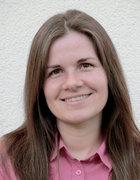
Carolin Liefke
Panel: Hidehiko Agata
(National Astronomical Observatory of Japan - NAOJ), Michael Fitzgerald
(Edith Cowan University Perth), João Retrê
(Institute of Astrophysics and Space Science, Portugal), Pedro Russo
(Leiden Observatory and Dep. Science Communication & Society, Leiden University), Cecilia Scorza
(LMU Faculty of Physics Munich)




